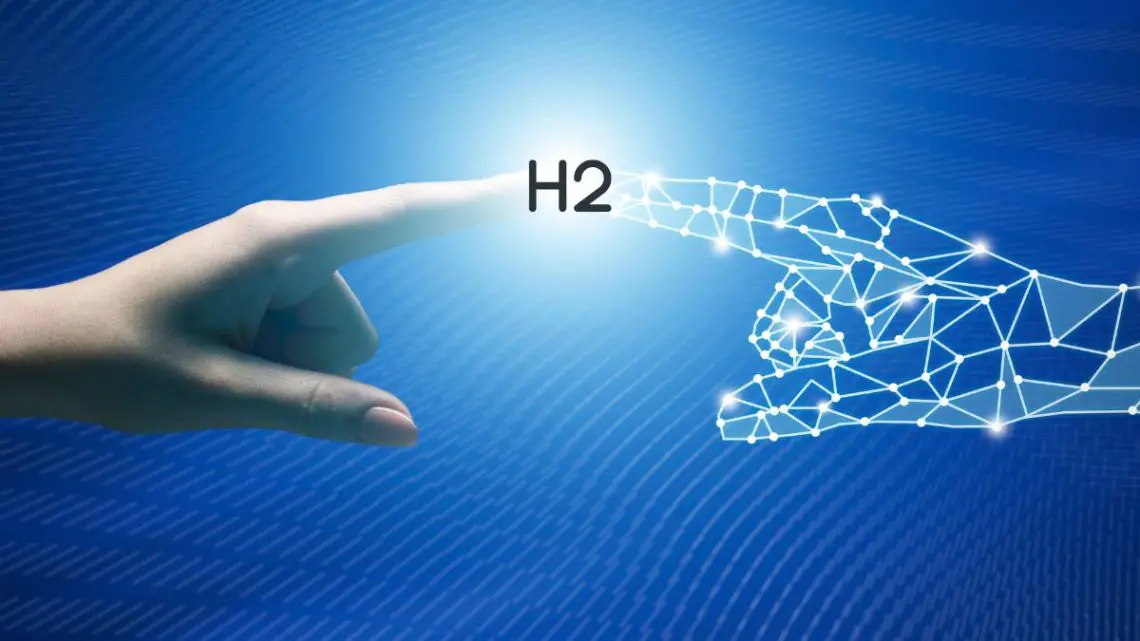
The Power of Artificial Intelligence for Hydrogen Fuel Production and Negotiation
September 11, 2023With the ever-increasing demand for renewable energy, hydrogen fuel production has been getting more attention. The production of hydrogen fuel, however, requires a complex process that relies heavily on scientific and technical expertise. But with the advent of Artificial Intelligence (AI), the hydrogen fuel production process has been greatly improved, resulting in more efficient and cost-effective production methods. In this blog post, we’ll explore the role of AI in hydrogen fuel production and how it can aid in negotiation processes.
AI in Hydrogen Fuel Production
Hydrogen fuel production requires a complex process that involves multiple steps such as reforming, purification, compression, and storage. AI systems can help in optimizing these processes by providing predictive and prescriptive analytics, which can help in identifying potential problems and suggesting solutions in real-time. Additionally, AI-powered robots can perform tasks in areas where human safety is a concern, such as hydrogen storage and transportation.
AI in Hydrogen Fuel Negotiation
As more companies and industries shift towards renewable energy, the demand for eco-friendly fuels like hydrogen will continue to rise. This creates an opportunity for negotiation between hydrogen fuel providers and buyers. AI-powered systems can aid in these negotiations by analyzing data and predicting trends related to supply and demand. This can help in determining the optimal price points for both parties and facilitate a fair and efficient negotiation process.
Benefits of AI in Hydrogen Fuel Production and Negotiation
The benefits of AI in hydrogen fuel production and negotiation are numerous. AI-powered systems can help in reducing production costs, increasing efficiency, and promoting sustainability by reducing wastage. Additionally, AI-powered negotiation models can help in reaching fair agreements that benefit both parties. This can create opportunities for sustainable growth, increase revenue, and promote the use of renewable energy.
Furthermore, AI can optimize hydrogen production processes by predicting and controlling the variables involved in real-time. This not only improves productivity but also ensures a safer work environment by identifying potential risks before they become problematic. AI also streamlines the supply chain, making it more efficient and cost-effective. On the negotiation front, AI’s data analysis capabilities can provide insightful trends and patterns that can be used to develop effective negotiation strategies. It can simulate numerous scenarios to predict outcomes and suggest optimal negotiation paths. This leads to more productive discussions, faster agreements, and ultimately a more profitable and environmentally friendly hydrogen fuel industry.
Challenges of Implementing AI in Hydrogen Fuel Production and Negotiation
As with any emerging technology, there are challenges associated with implementing AI in hydrogen fuel production and negotiation. One challenge is the lack of awareness and understanding about AI technology among stakeholders in the hydrogen industry. Moreover, the high cost of implementing AI systems and the need for specialized technical expertise can act as a barrier to adoption. However, as the benefits of AI become more apparent, companies can invest in AI infrastructure and training to reap the rewards.
Future of AI in Hydrogen Fuel Production and Negotiation
The future of AI in hydrogen fuel production and negotiation looks bright. As AI technology continues to evolve, we will see more innovations in the hydrogen fuel industry, making the production and negotiation process more efficient, sustainable, and cost-effective. As we move towards a greener and more sustainable world, AI will play a crucial role in facilitating the transition to renewable energy technologies.
Conclusion:
Artificial Intelligence is transforming the way hydrogen fuel production and negotiation are approached. By providing predictive and prescriptive analytics, AI systems can help in optimizing the production process, reducing costs, increasing efficiency, and promoting sustainability. Additionally, AI-powered negotiation models can help in reaching fair agreements that benefit all parties. While there are challenges associated with implementing AI, the benefits outweigh the costs, and the future of AI in hydrogen fuel production and negotiation looks promising. As we strive towards greener technologies and a sustainable future, AI will continue to play a crucial role in facilitating this transition.



 HFN News is your leading source for fresh hydrogen and renewable energy updates. Amid the fast-paced growth of hydrogen companies, we provide top-notch news and insights about this exciting sector. Our coverage spans from hydrogen cars to global sustainable initiatives, and we highlight the latest in green jobs and developing hydrogen hubs. We invite you to share your local hydrogen news and explore today’s renewable energy job listings on our site. Thanks for choosing HFN News as your trusted guide to the hydrogen and renewable energy world!
HFN News is your leading source for fresh hydrogen and renewable energy updates. Amid the fast-paced growth of hydrogen companies, we provide top-notch news and insights about this exciting sector. Our coverage spans from hydrogen cars to global sustainable initiatives, and we highlight the latest in green jobs and developing hydrogen hubs. We invite you to share your local hydrogen news and explore today’s renewable energy job listings on our site. Thanks for choosing HFN News as your trusted guide to the hydrogen and renewable energy world!
